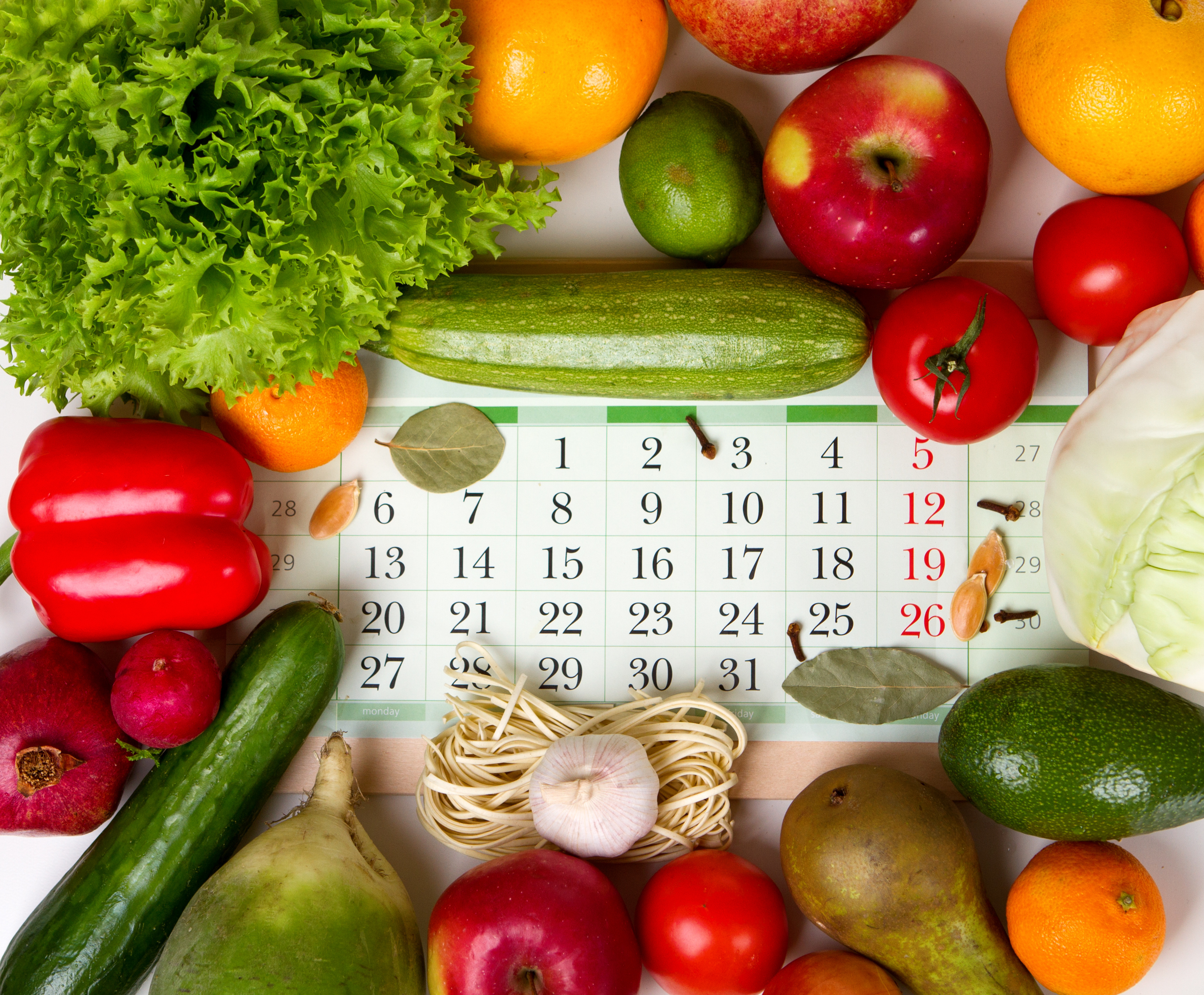
Planning ahead is one of the most pivotal skills in ensuring you will have long-term success with weight loss. The reality is we live in a busy world that is moving at a rapid pace and promotes instant gratification as the key to happiness. The problem is that when we have not spent the time planning ahead, we are ill-prepared to manage the situations that come our way, and as a result, we are more likely to get derailed quickly. Below are various tips that can help prepare you for success.
Kitchen Clean-Out
Clean out your kitchen cabinets and refrigerator NOW. Place all healthy options at eye level. This proactive approach will be a huge help to staying on track. Be sure to remove any foods that you feel uncontrolled around as well.
Preview Menus Before You Go!
Looking at menus ahead of time and choosing what you will eat is a great way to avoid making impulsive decisions. If you travel often, keep a list of “go-to” menu items from your favorite restaurants. This way, a healthy and balanced choice is right at your fingertips with very little brainpower needed in the moment. Some evidence suggests loud and fast music or noisy restaurants drive people to overconsume and eat and drink faster. When you walk in with a plan, it is easier to avoid being influenced by sensory stimuli in the restaurant environment, and you can focus on enjoying the company you are with.
Plan Your Weekly Menu
This will help you devise a grocery list and ensure that you have the healthy food items that are needed to prepare a healthy meal. To make meal planning a less daunting task, create a list of 1-2 breakfasts, 2-3 lunches and dinners, and 2-3 snacks. Mix and match, adding to your list as you go. This will minimize planning time needed in the future.
Grocery Shop at the Same Time Each Week
Going to the grocery store with a plan sets you up for success for the week ahead. Before you go, make a list and stick to it. This prevents you from bringing home items based on impulse, because once they’re in your house, it’s a lot harder to resist the temptations. Additionally, it is important to go to the grocery store at a time when you are not hungry, too tired, or stressed.
Use Your Calendar Effectively and Efficiently
Just like you use your calendar to schedule business meetings, doctor appointments, and social obligations, one of the most helpful skills you can develop is scheduling tasks that support your weight-loss goals. Some examples include: lunch and snacks, logging your meals, making a grocery list, choosing a day and time to go grocery shopping, weekly planning for days and times to exercise, and planning out your walking or running route. When tasks are not scheduled, opportunities to make different decisions always arise. After a long day of work stress or when you are tired, your resources are likely exhausted. If it is already planned for, the choice is made, making follow-through much easier.
Pre-Prep Immediately After Grocery Shopping
When your schedule allows, give yourself an hour of extra time after grocery shopping to process and prep before you put food away for the first time. Some examples: Wash any ready-to-eat fruits and vegetables; cut fruit for fruit salad; cut veggies for dipping and adding to salads; marinate meats and veggies for grilling and roasting; slice or shred cheese; portion dry snacks into individual servings in sealable bags; portion dressings, nut butters, and other condiments-to-go into mini containers. You also can use this time in the kitchen to do passive tasks like hard-boiling eggs, toasting nuts, or making iced herbal tea.
Practice the “One-Touch” Rule
Why do something twice or more when you can do it once? If you are dicing half an onion for a recipe, slice the other half for sandwiches or stir-fry; if you are cutting celery to eat with dip, chop two extra stalks to add to a salad; if you are washing an apple to eat right away, wash two more so you’re ahead of the game. When you open a pack of chicken breasts to use one, prep and freeze the rest right away. Keep two water bottles and alternate — when one is empty, refill and refrigerate it, then grab the other ready-and-waiting bottle. When you are putting away leftovers, portion them into single servings in containers.
Plan Your Snacks and Meals Ahead of Time
By portioning out snacks and meals into single-serving portions in advance, you will never be unprepared when there are time constraints. This will prevent you from eating whatever is available and ensure that you stick to your healthy lifestyle. Consider always leaving healthy food options at the office so that snacks are readily available.
Plan Ahead for Travel
Take some time to prepare before you travel. Call ahead to the hotel and have the minibar cleared of any temptations that may sabotage your success. Pack snacks with you to eat while on the plane or while in meetings. Book a hotel that has a gym or a pool and then mark off time on your calendar to use the facilities or to go to the gym.
Plan Ahead for Social Gatherings
When headed to a social event that will include extra food, alcohol, or desserts, create a plan to give yourself permission to enjoy a special treat and not feel guilty. Examples of planned permission:
“I will have one alcoholic beverage and one bite of dessert.”
“I will order my favorite chocolate cake and split it with the table.”
“I will fill up half of my plate with vegetables so I can fill up the other half of my plate with appetizers that I think I will love.”
PM05066.A
